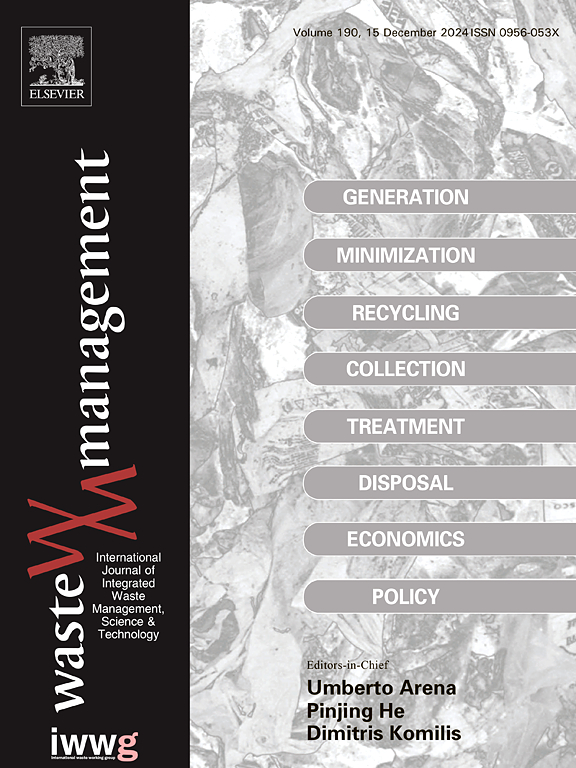Biodegradation of the chelator 2,6-pyridine dicarboxylic acid (PDA) used for soil metal extraction
Abstract
In this research the biodegradability of 2,6-pyridine dicarboxylic acid (PDA) was evaluated. This compound has been used as a chelating agent for extraction of metal ions from contaminated soils. Initial experiments indicated that PDA was not biodegraded by unacclimated mixed cultures to any degree. However, acclimated mixed cultures degraded more than 80% of this compound within 12?h under different conditions without showing any sign of inhibition even at high concentrations up to 6?mM (1000?mg/l). The results of PDA biodegradation at all concentrations tested in aqueous solution were very similar to those observed in presence of soil slurry, except that a slight lag of microbial growth occurred at all PDA concentrations in the latter case. No toxicity was evident to the microorganisms during the biodegradation of lead complexed PDA after an initial lag. The PDA complexed with lead was easily available for metabolism by the acclimated mixed culture. ?





